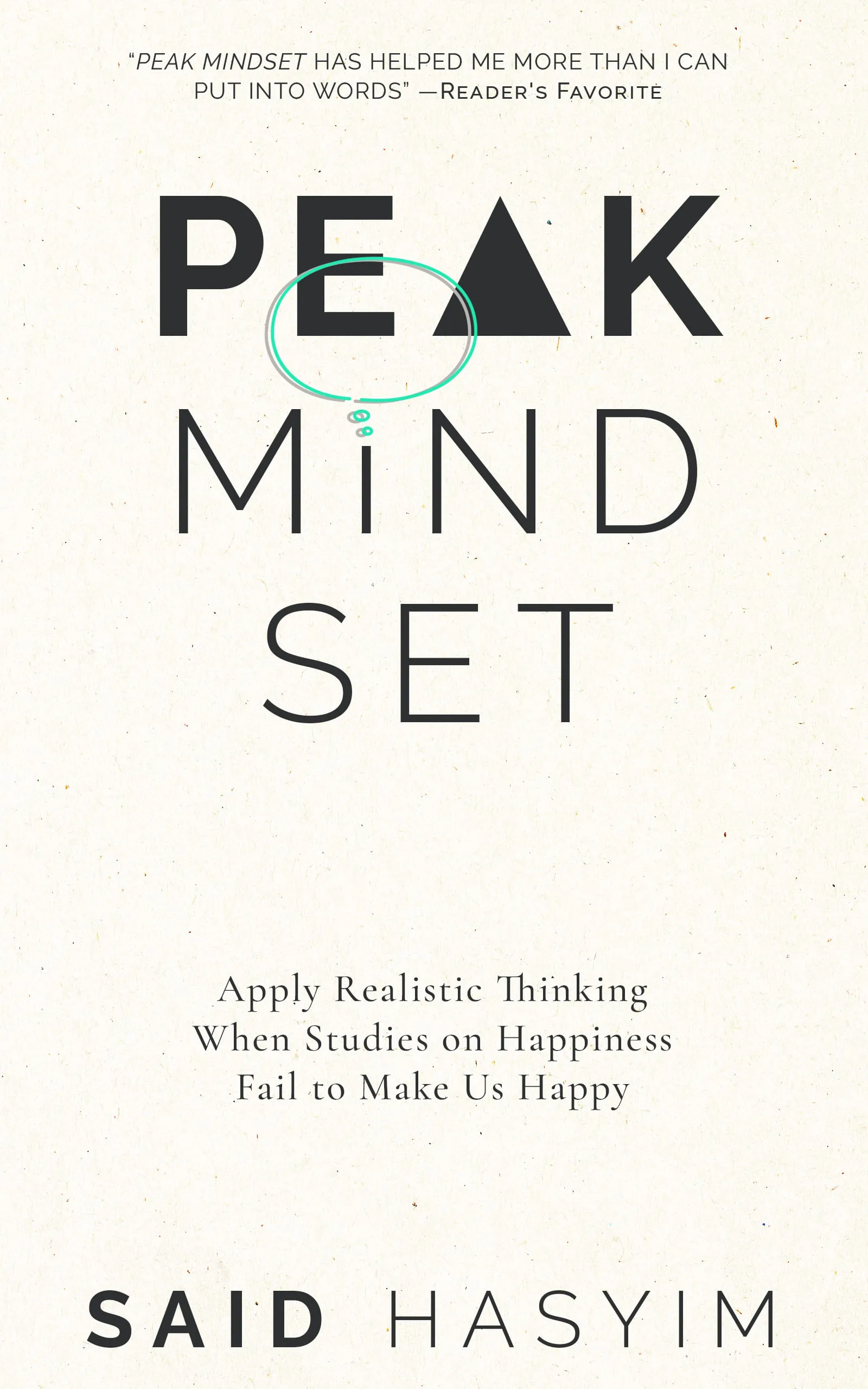The Benefits of Realistic Thinking in Stress Management
In today's fast-paced world, stress has become a common companion for many people. Whether it's due to work pressure, personal relationships, or the challenges of daily life, finding effective strategies to manage stress is essential for overall well-being. One powerful approach that has gained traction in recent years is realistic thinking. In this blog post, we'll explore the benefits of realistic thinking in stress management and how it can lead to a healthier, more balanced life.
What is Realistic Thinking?
Realistic thinking is the ability to assess situations accurately, considering both the positive and negative aspects without succumbing to irrational fears or overly optimistic illusions. It involves a clear-eyed understanding of reality, which can help individuals make more informed decisions and manage their expectations effectively. By anchoring our thoughts in reality, we can gain clarity and confidence when facing life's challenges.
The Benefits of Realistic Thinking in Stress Management
1. Enhanced Problem-Solving Skills
When stressors arise, embracing realistic thinking helps you break down complex situations into manageable parts. Rather than getting overwhelmed by the big picture, you can identify specific issues and develop actionable solutions. This structured approach not only alleviates stress but also fosters a sense of empowerment as you work through your problems one step at a time.
2. Improved Emotional Regulation
One of the significant benefits of realistic thinking is its potential to enhance emotional regulation. By understanding the reality of a situation, you become less likely to experience extreme emotional responses. For instance, recognizing that a job setback does not equate to personal failure allows you to respond constructively rather than emotionally. With time, this leads to increased resilience, reducing the intensity and frequency of stress-related emotional turbulence.
3. Reduction of Catastrophic Thinking
Catastrophic thinking, where one imagines the worst possible outcomes, is a common response to stress. Realistic thinking counteracts this tendency by grounding individuals in the present moment and encouraging them to analyze problems logically. By focusing on actual probabilities instead of worst-case scenarios, you can reduce anxiety and cultivate a more balanced outlook. This simple shift in mindset can dramatically decrease stress levels.
4. Better Decision-Making
Stressful situations often lead to hasty or poor decision-making. Realistic thinking encourages a calm evaluation of the facts, leading to more thoughtful choices. By weighing the pros and cons and considering potential outcomes, individuals can make decisions that are more aligned with their goals and values. This thoughtful approach can significantly lessen the regret and anxiety often associated with impulsive or reactive choices.
5. Increased Coping Skills
Realistic thinking equips individuals with the tools needed to effectively cope with stressors. By acknowledging challenges without exaggerating their severity, you can approach your problems with a practical mindset. This empowerment enables you to create contingency plans, seek support when necessary, and build healthy coping mechanisms, ultimately fostering a sense of control in stressful situations.
6. Greater Acceptance of Change
Life is inherently unpredictable, and embracing change is crucial for managing stress. Realistic thinking facilitates a mindset that welcomes change rather than resists it. By accepting that uncertainties are a natural part of life, you can adapt more readily to new circumstances and learn to view challenges as opportunities for growth. This adaptability reduces stress and fosters a more positive outlook on life.
7. Enhanced Relationships
Stress can take a toll on personal relationships, often leading to misunderstandings and conflicts. Realistic thinking encourages open and honest communication. By expressing your thoughts and feelings clearly and actively listening to others' perspectives, you can work through issues collaboratively, reducing stress and strengthening bonds. Furthermore, a realistic mindset allows you to establish boundaries and manage expectations within relationships, promoting healthier interactions.
8. Improved Self-Perception
Many individuals struggle with self-doubt, especially during stressful times. Realistic thinking supports a balanced self-perception by helping you recognize both your strengths and weaknesses accurately. Rather than idealizing yourself or falling into negative self-talk, you can celebrate your achievements while also acknowledging areas for improvement. This self-awareness fosters a sense of confidence, ultimately reducing stress and anxiety.
9. Promotion of Mindfulness
Mindfulness, the practice of being present and fully engaged in the current moment, is closely related to realistic thinking. By focusing on the here and now, you can diminish worries about the future or regrets about the past — major sources of stress. Realistic thinking can enhance mindfulness by encouraging you to observe your thoughts and feelings without judgment, thereby fostering a sense of peace and calm.
Conclusion
The integration of realistic thinking into your stress management toolkit can lead to significant improvements in well-being. By enhancing problem-solving skills, improving emotional regulation, reducing catastrophic thinking, and fostering acceptance of change, realistic thinking offers an invaluable perspective for navigating life's challenges. Not only does it empower individuals to deal with stressors more effectively, but it also promotes healthier relationships and improved self-perception.
In a world where stress is inevitable, cultivating realistic thinking can make all the difference. By maintaining an accurate understanding of our circumstances and focusing our thoughts on what can be managed, we can transform stress from a potentially debilitating force into an opportunity for growth and resilience. Embrace the power of realistic thinking and discover its myriad benefits for a calmer, more fulfilling life.
Leverage Your Mindset for a Fulfilling Life
Explore Peak Mindset, a book to leveraging your subconscious for a more fulfilling life. Gain insights into realistic thinking, money management, and stress resilience to make informed decisions. Discover pitfalls in conventional happiness advice and practical strategies for self-transformation. Unlock your potential and enhance your overall satisfaction.
